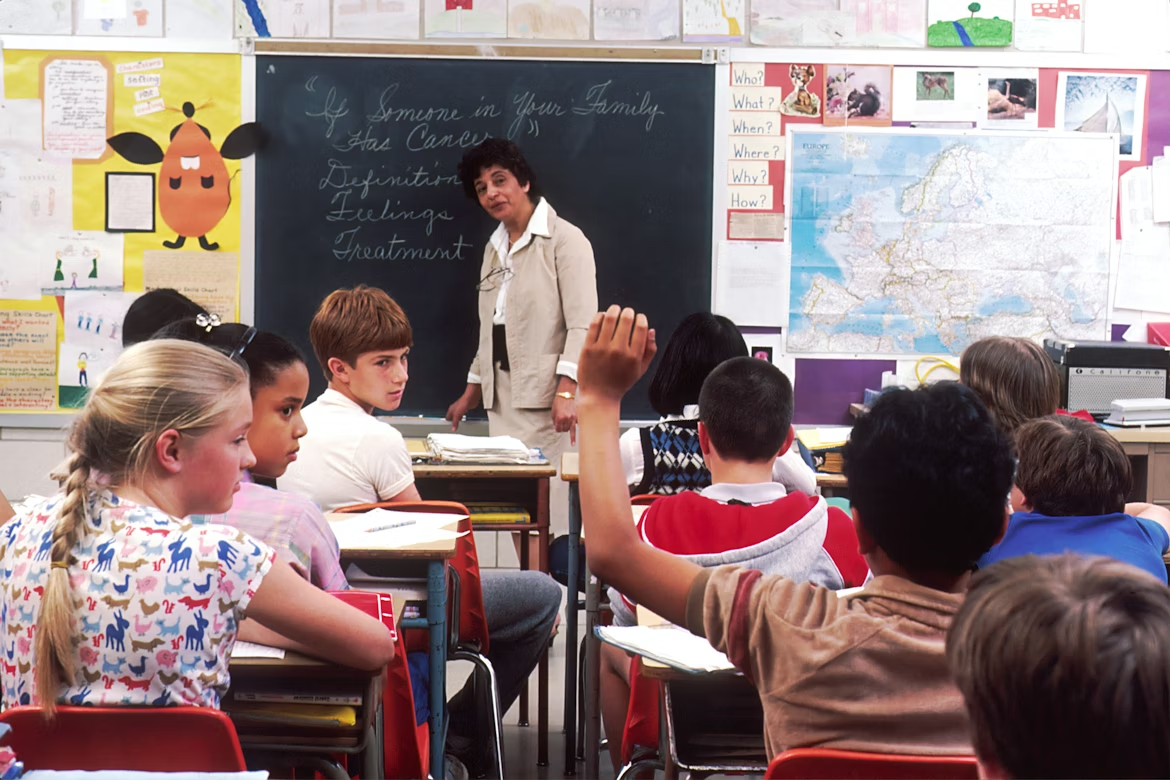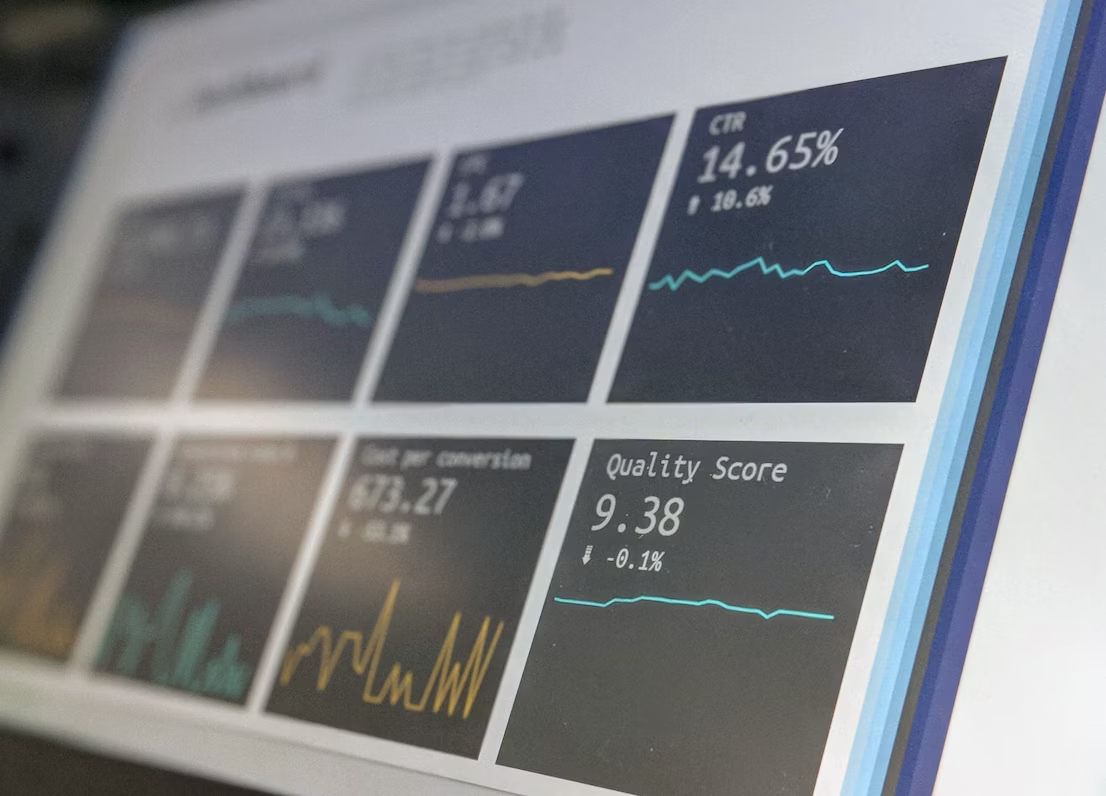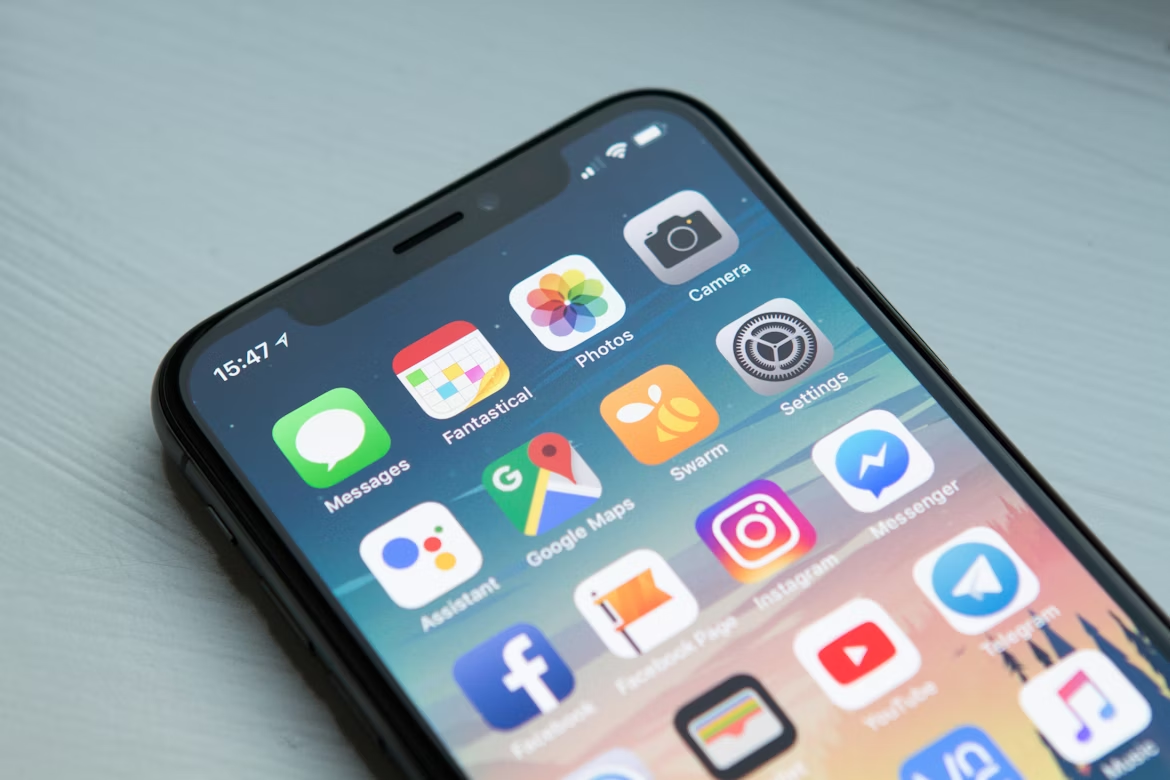Introduction - group sales aren’t what they used to be
For decades, group sales were a cornerstone of theatre revenue. Schools would bring buses full of students, companies booked blocks of seats for staff nights out, and tour operators included performances in city itineraries.
But times have changed. Teachers are under budget pressure, corporate entertainment looks different, and travel habits are shifting. On top of that, today’s decision-makers expect everything to be fast, digital, and convenient. The “old school” methods of phone calls, faxes, and bulky brochures don’t cut it anymore.
Theatres that want to win back these audiences need to modernise how they think about group sales. The good news? Digital tools, smarter marketing, and renewed focus on relationships make group sales not only possible but a powerful growth engine in today’s landscape.
Why group sales still matter
Before we dive into strategies, let’s be clear: group sales are worth the effort.
- Higher volume: One booking can mean 20, 50, or even 200 tickets sold at once.
- New audiences: A single school trip introduces dozens of young people to theatre for the first time.
- Efficiency: Selling in bulk is often more cost-effective than chasing individual ticket buyers.
- Repeat potential: Groups often return annually if the experience is positive.
In an era when filling every seat matters, ignoring group sales is leaving money on the table.
Lesson 1: Speak the language of each group type
A teacher, a corporate HR manager, and a tour operator are all potential group buyers - but they don’t care about the same things.
- Schools: Teachers want affordability, curriculum links, safety, and a smooth booking process.
- Companies: HR teams want employee perks, team-building value, and a polished experience.
- Tour operators: They want convenience, reliability, and shows that appeal broadly to visitors.
Practical step: Create dedicated web pages or brochures for each segment. For example:
- “Educational group bookings” page highlighting curriculum tie-ins.
- “Corporate packages” page focusing on team-building and hospitality.
- “Travel trade bookings” page outlining group-friendly logistics and commissions.
Lesson 2: Make digital booking effortless
The biggest barrier to group sales today? Clunky booking systems. No HR manager has time to fill out forms and wait days for confirmation. Teachers don’t want to play endless phone tag.
What works today:
- Online group booking portals with clear pricing and instant confirmation.
- Downloadable resources (like risk assessments for schools) right on your website.
- Digital payment options - invoicing is fine, but add card and PayPal for speed.
Example: A regional theatre in the UK introduced an online group booking tool that let teachers hold seats for 48 hours before paying. Group school sales increased by 22% the first year.
Lesson 3: Create irresistible packages
Groups rarely want “just the ticket.” They want an experience.
- Schools: Add a post-show Q&A, a workshop, or curriculum-linked study guides.
- Companies: Include welcome drinks, a networking space, or branded programmes.
- Tour operators: Bundle tickets with dinner partnerships or discounted transport.
Pro tip: Position these as “value adds” rather than optional extras. It makes the group feel looked after and justifies higher price points.
Lesson 4: Communicate where decision-makers actually are
Traditional brochures still have a place, but digital outreach is faster and more effective.
- For schools: Email newsletters for teachers, LinkedIn groups for educators, and ads on teacher resource websites.
- For companies: LinkedIn campaigns, local chamber of commerce networks, and HR professional associations.
- For tour operators: Trade fairs, B2B newsletters, and direct partnerships with destination marketing organisations.
Example: A theatre in Toronto ran LinkedIn ads targeting HR professionals with “Bring your team together with a night at the theatre.” It generated 12 new corporate bookings in a season.
Lesson 5: Embrace flexibility
Rigid rules turn group buyers away. Offering flexibility in dates, payment, and seat selection builds trust.
- Allow deposits with final numbers closer to the date.
- Provide clear refund/exchange policies.
- Offer matinees or earlier start times for school trips.
Case study: One U.S. theatre shifted from demanding full payment 60 days ahead to a deposit + balance system. School groups, who often struggled with early budgets, found it much easier. Group bookings increased by 30%.
Lesson 6: Use CRM data to build relationships
Group sales thrive on repeat customers. A teacher who books once may book every year. A tour operator may include you in their standard package if the first run goes well.
How to leverage CRM (customer relationship management):
- Track who booked before, and follow up annually.
- Record details: “This school prefers matinees,” “This company wants Friday nights.”
- Send personalised offers: “We thought of your class when programming this new Shakespeare production.”
Lesson 7: Turn accessibility into a selling point
For groups, accessibility is a big consideration. Teachers don’t want to exclude students, companies want inclusive experiences, and tour operators need to cater to a wide range of travellers.
What to highlight:
Example: A theatre in Berlin highlighted its multilingual captions in tour operator materials. Within two seasons, international group bookings doubled.
Lesson 8: Make it easy for groups to spread the word internally
When a teacher books, they need to convince parents. When HR books, they need to promote to staff. Tour operators need to pitch to clients.
Help them by providing:
- Ready-made promotional materials (flyers, posters, email templates).
- Downloadable images and show descriptions.
- Short video trailers they can share.
Pro tip: Put these resources in a “Group Sales Toolkit” on your website.
Lesson 9: Don’t underestimate the human touch
Even in a digital age, personal relationships matter. A friendly, responsive group sales coordinator can make all the difference.
Ideas for personalising service:
- Dedicated email/phone line for group sales.
- Welcome messages from staff when groups arrive.
- Thank-you follow-ups after the visit.
These small gestures encourage repeat bookings and word-of-mouth.
Lesson 10: Measure success and adjust
Not every strategy will work for every theatre. Track what’s effective:
- Which group types bring the most repeat business?
- What packages or add-ons are most popular?
- Which marketing channels drive actual bookings, not just clicks?
Use data to refine offers year by year.
Pulling it all together
Group sales are not dead - they’re evolving. By modernising booking systems, tailoring offers to different group types, and blending digital tools with personal service, theatres can unlock one of the most reliable revenue streams available.
Schools, companies, and tour operators still want to bring groups to the theatre. The question is: are you making it easy, appealing, and relevant for them in today’s digital-first world?
Conclusion - a modern approach to an old tradition
Group sales have always been about building community. The difference now is that decision-makers expect efficiency, customisation, and digital convenience. Theatres that deliver on those expectations will keep the buses rolling, the companies booking, and the tour operators promoting.
With the right mix of tech and personal touch, group sales can once again be one of the most powerful ways to fill seats, grow audiences, and keep theatre financially healthy.








